OpenAI fine-tunes its GPT-4o and GPT-4o Mini, making the already affordable models even more competent
It scored 82% on the MMLU benchmark.
2 min. read
Updated on
Read our disclosure page to find out how can you help Windows Report sustain the editorial team. Read more
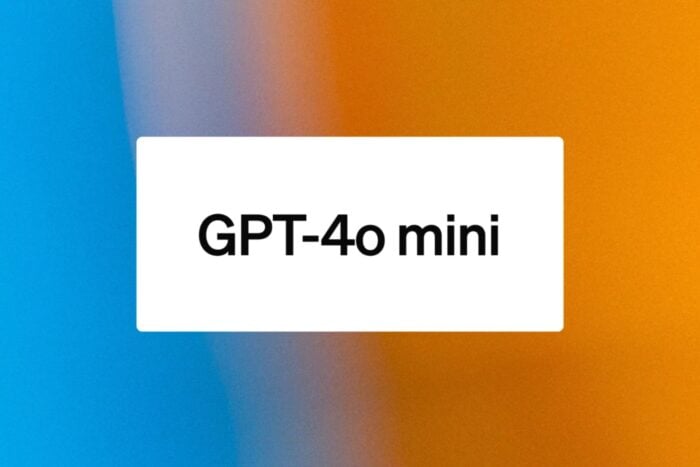
OpenAI announced its newest AI model, GPT-4o Mini, a more affordable version of the latest GPT-4o model, to make access to advanced artificial intelligence more democratic. Although the costs of using this new model are lessened, it still performs well, strengthening its competition in the field.
However, it seems the company is taking things even further: OpenAI has rolled out fine-tuning support for its GPT-4o and GPT-4o mini models. This is a game-changer for those looking to tailor AI responses to specific needs, making the technology not only more accessible but also more versatile. With this new feature, developers can train these models using custom datasets, which promises higher performance at a lower cost for particular applications.
OpenAI isn’t holding back on making this feature accessible, either. They’re offering a generous amount of training tokens for free every day to every organization—1 million for GPT-4o fine-tuning and 2 million for GPT-4o mini. This offer, available through September 23, invites developers to dive in and explore the possibilities. The cost for additional training and inference is surprisingly affordable, making it an attractive option for businesses of all sizes.
Getting started is straightforward. Developers head to the fine-tuning dashboard on the OpenAI platform, select their base model, and begin the customization process. This user-friendly approach lowers the barrier to entry for those new to AI development.
The results from early adopters are promising. Distyl, for instance, snagged the top spot on the BIRD-SQL benchmark thanks to its fine-tuned GPT-4o, showcasing the model’s prowess in SQL generation and other complex tasks. Genie, another early tester, achieved state-of-the-art scores on benchmarks, highlighting the significant improvements that fine-tuning can bring to AI performance.
This development clearly signals that OpenAI is committed to making its AI models powerful, adaptable, and easy to use for developers. Whether you’re a seasoned AI expert or a curious newcomer, the potential for innovation and customization is now at your fingertips. So, what could you create with a fine-tuned GPT-4o or GPT-4o mini at your disposal?

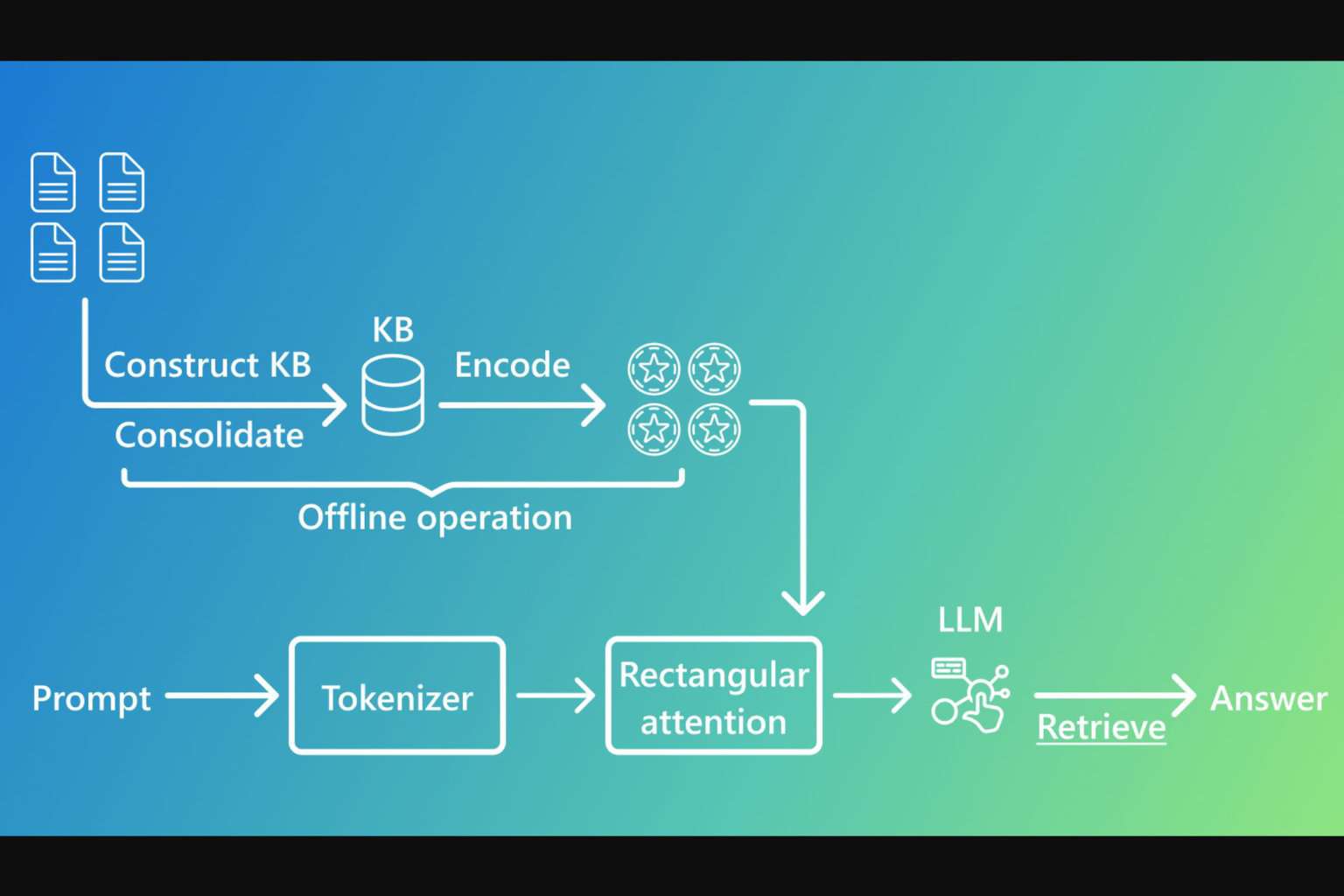
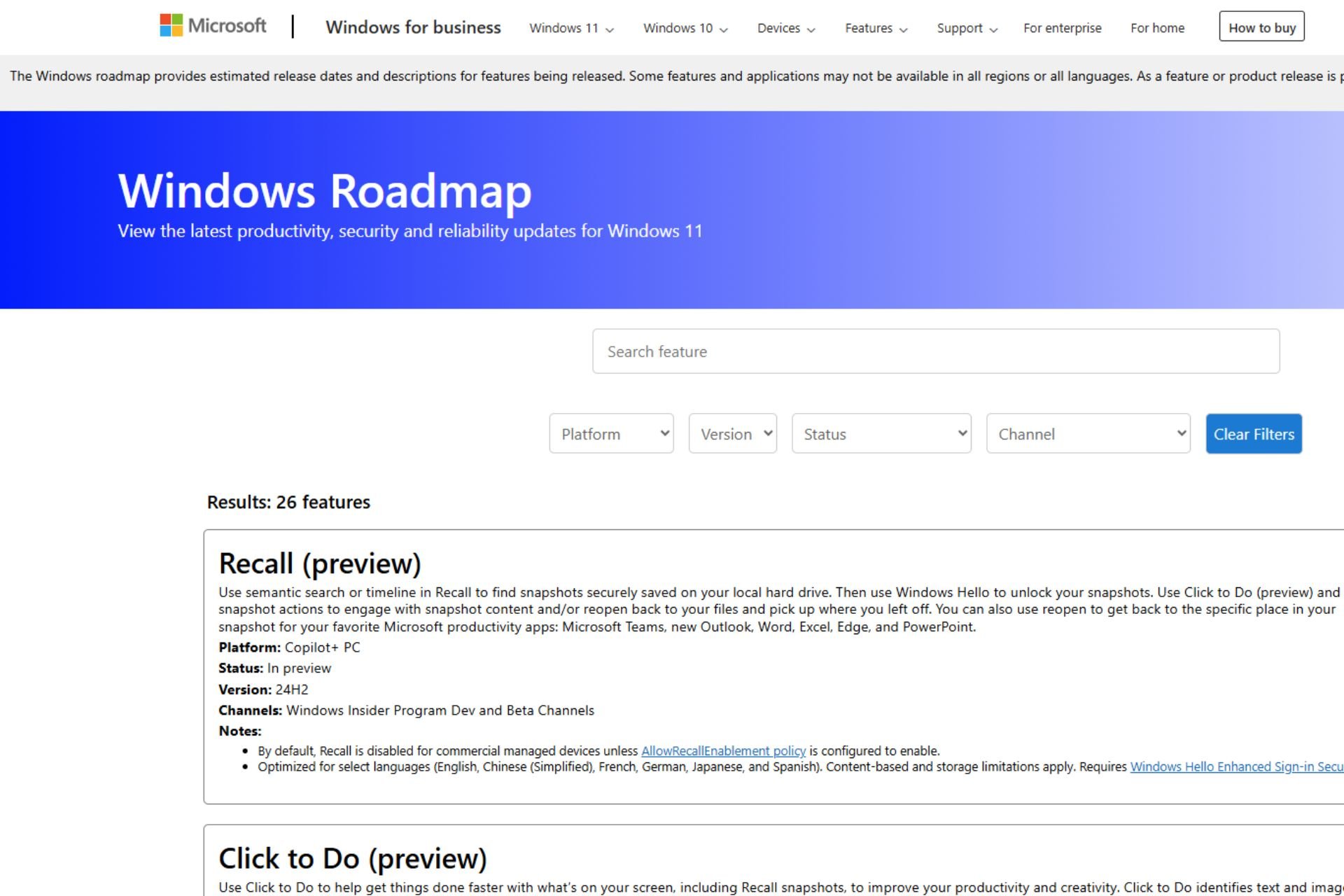
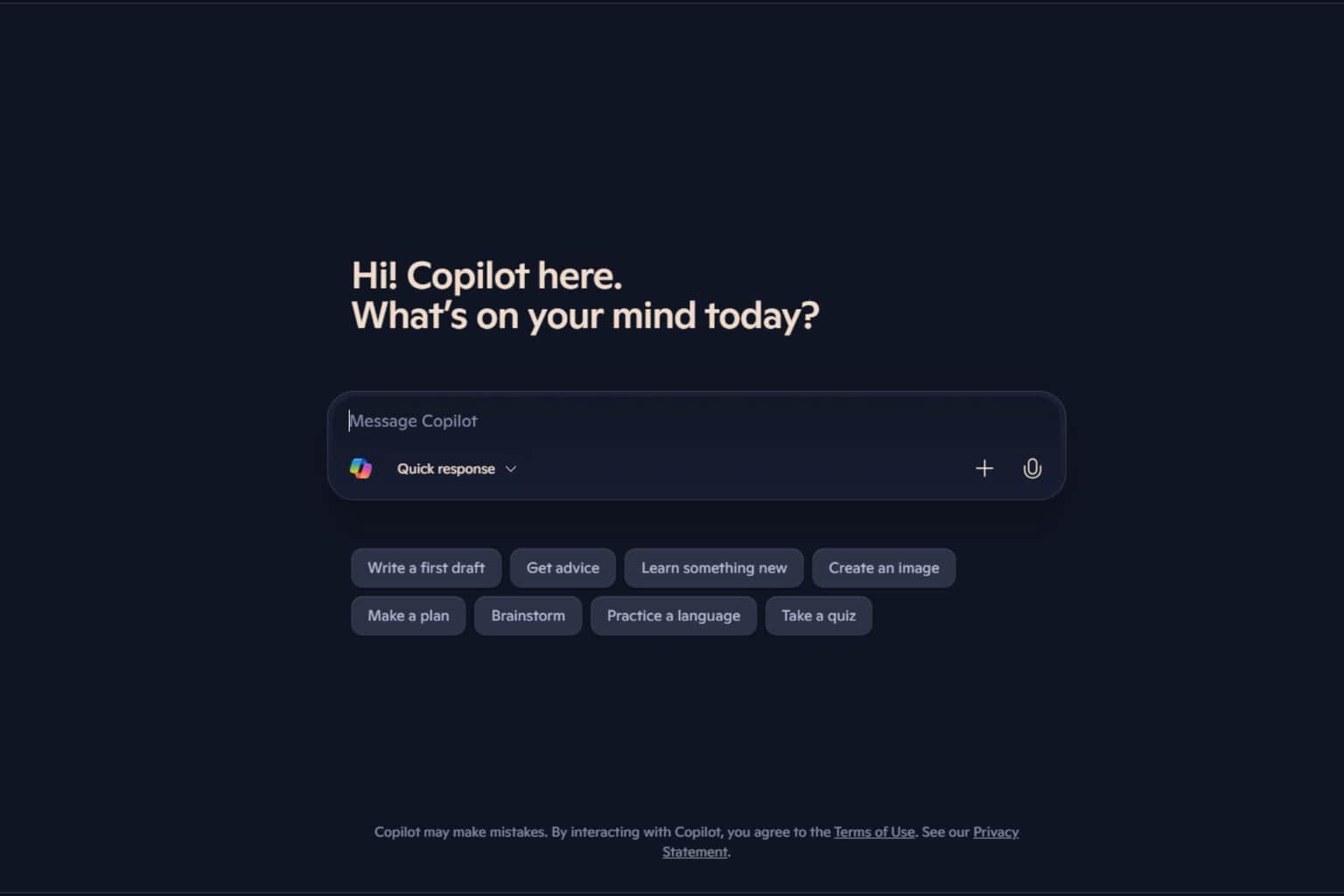
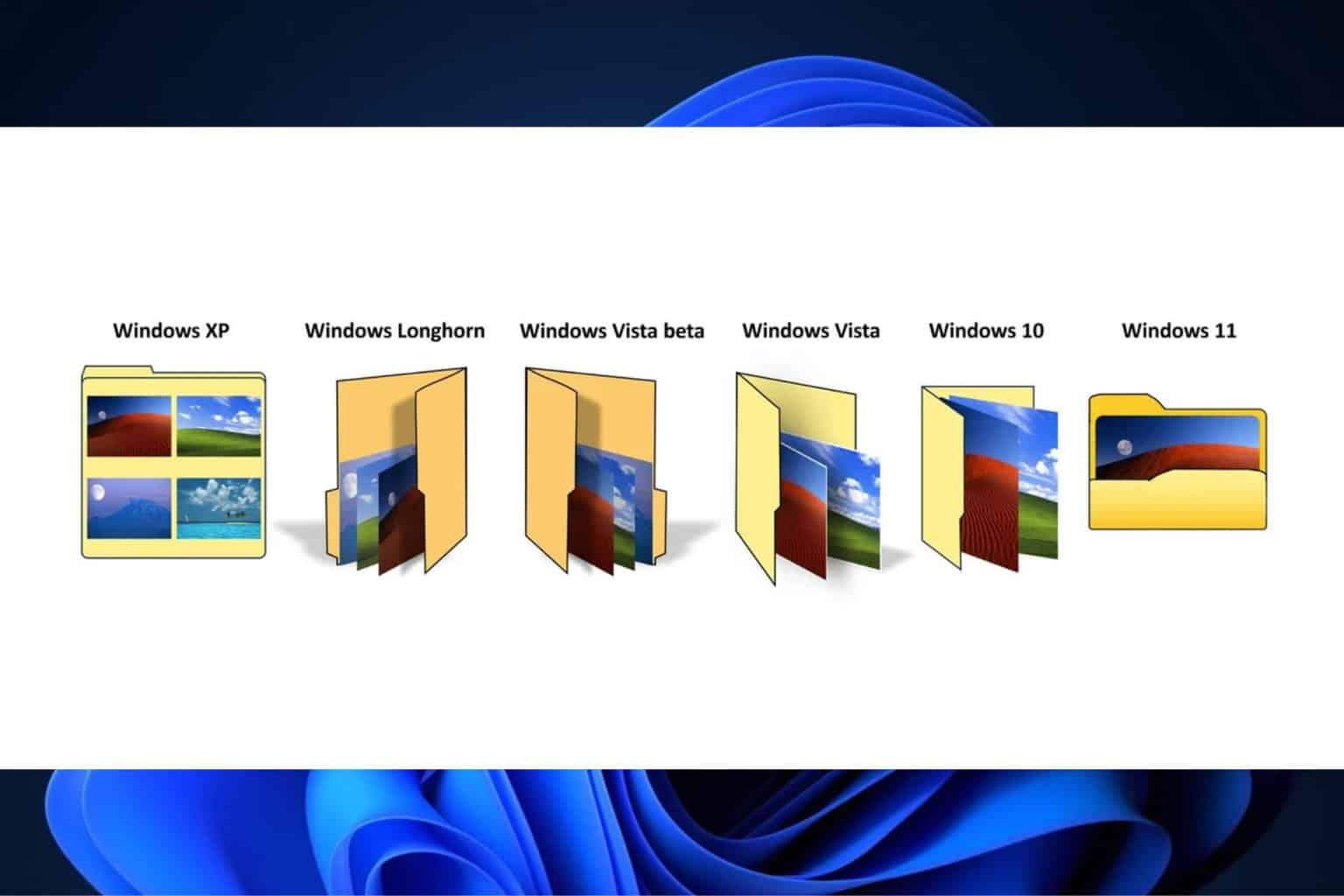

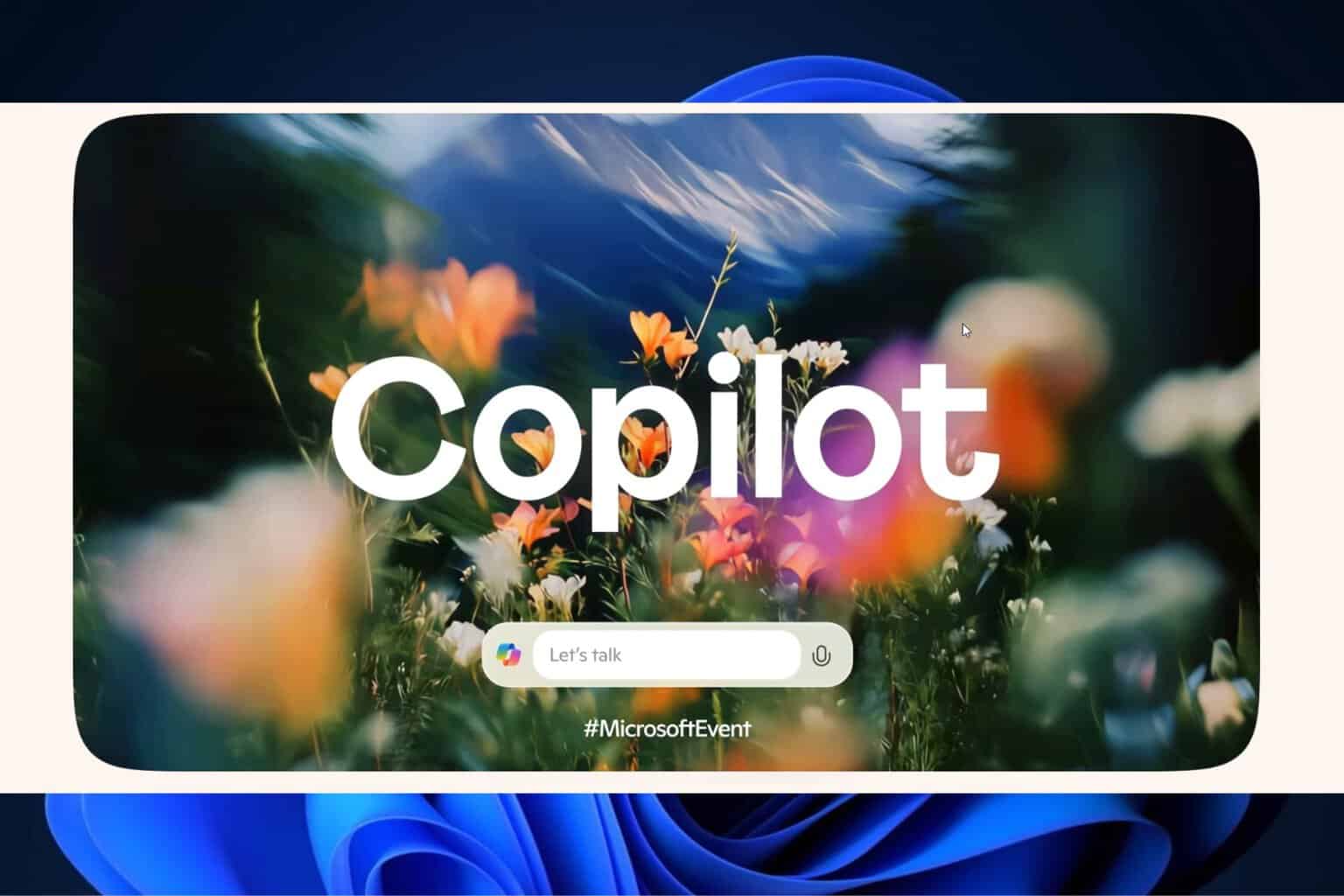
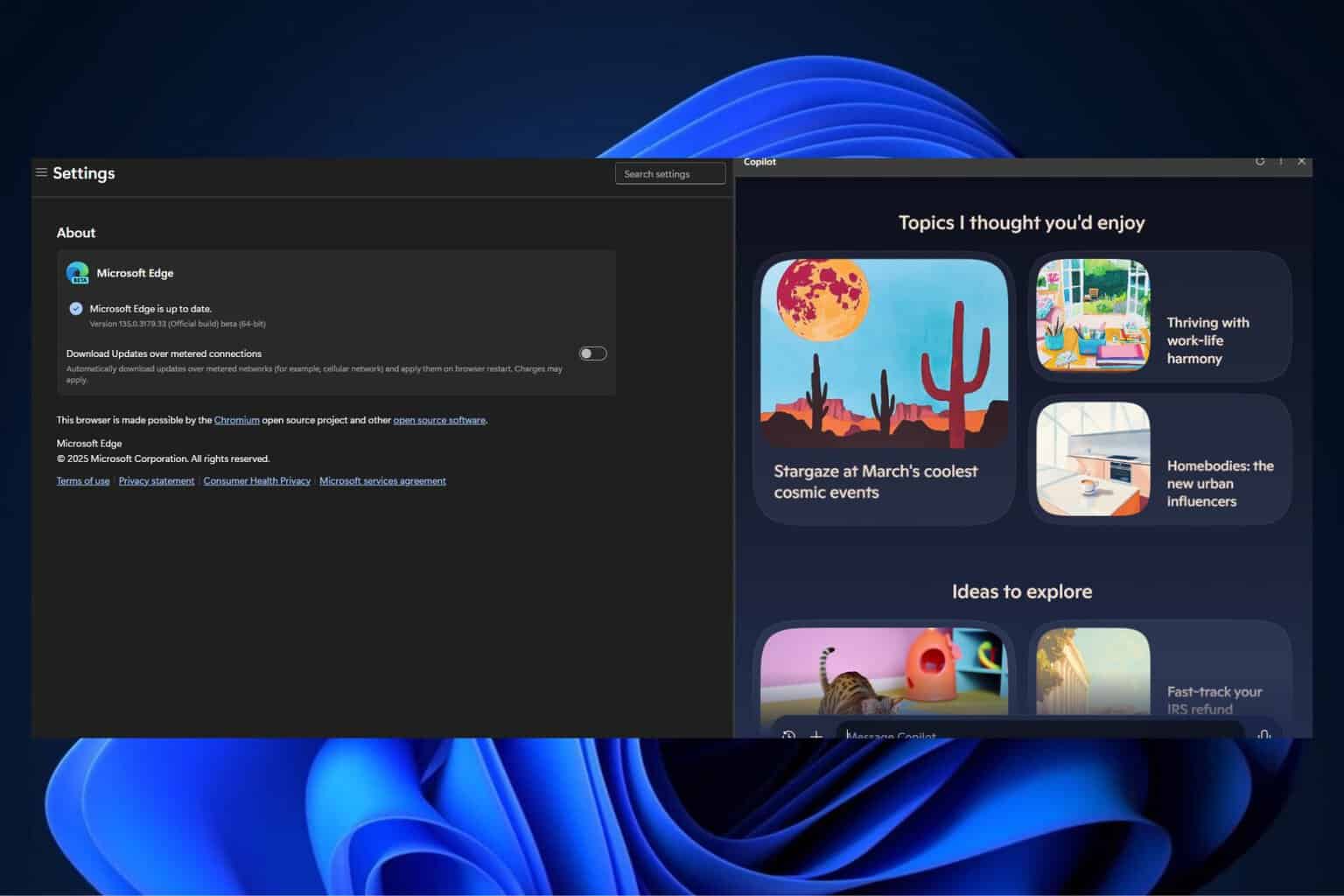
User forum
0 messages